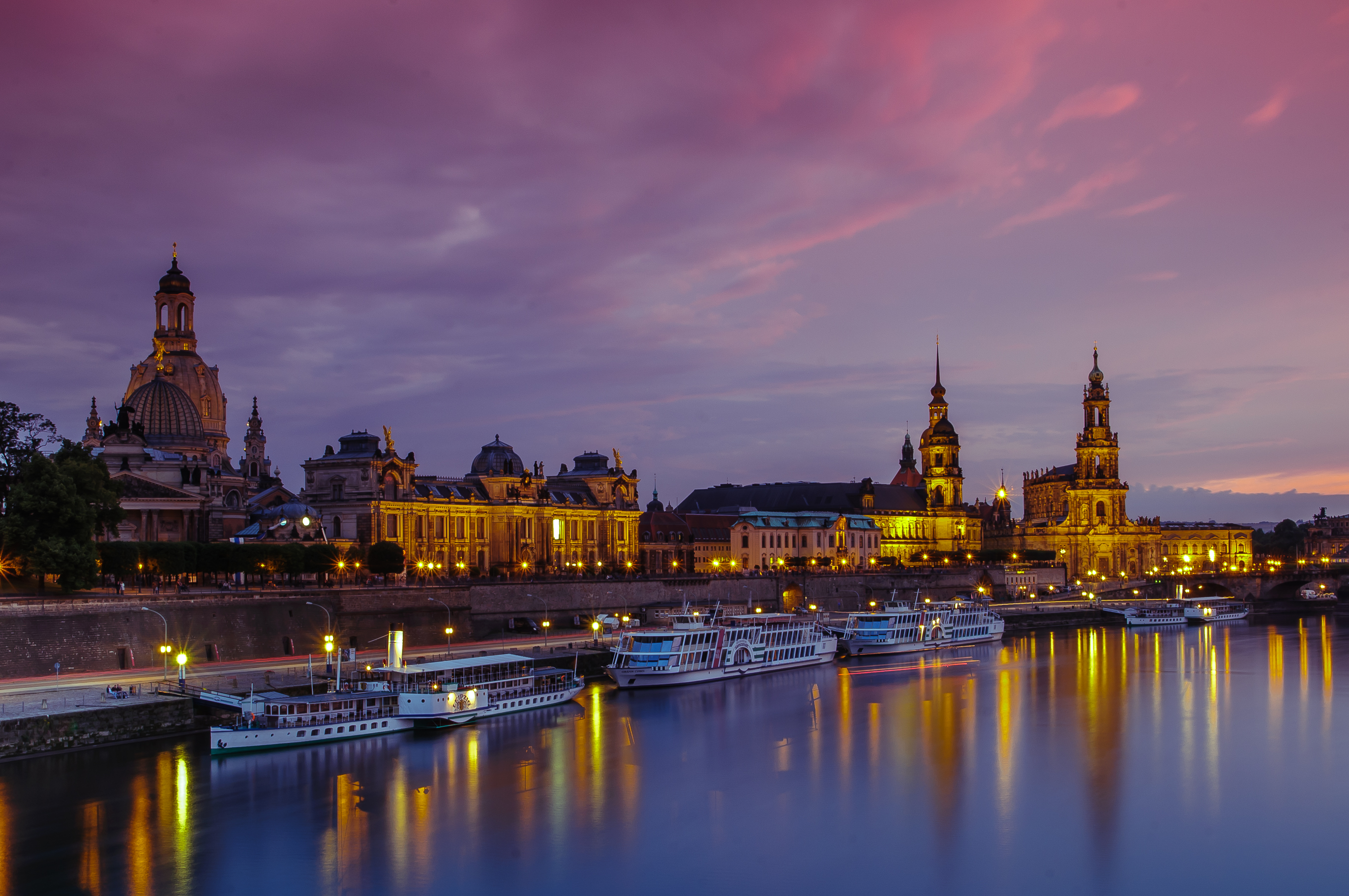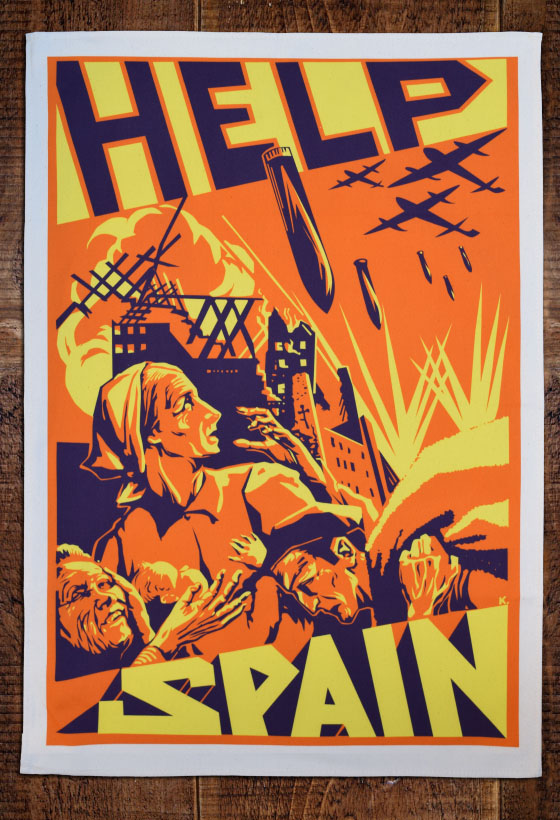We use cookies to make your shopping experience better. By using our website, you're agreeing to the collection of data as described in our Privacy Policy.
Fire Everywhere, Everywhere Fire: The Bombing of Dresden
76 years ago today the RAF bombed the German city of Dresden, killing thousands of civilians. Many regarded it, like the Blitz, as a barbaric attack on innocent people.
That’s how Lothar Metzger, a child at the time, remembered the bombing of Dresden by the Royal Air Force during the night of 13th February 1945.
Somewhere between twenty-two and twenty-five thousand people were killed by the raid, the vast majority of them civilians.

It’s rare to find a basically good cause for war in history, but World War 2 is a glaring exception. German Nazism and its fascist allies had to be overcome, and, in the end, that required more than words.
But does a just cause for violence also remove all moral limits from its use?
This deep, ethical question came to the fore in February 1945, after waves of British and American bombers all but destroyed the East German city of Dresden.
The raid was launched as Nazi Germany was on the brink of defeat.
The Allies were now moving into Germany from both sides. In three months, Hitler would be dead, and the Nazi state destroyed.
In Dresden, meanwhile, the city was by the day growing larger with civilian refugees fleeing westward, away from the Eastern Front and the Red Army.

It was in this condition, with relatively miniscule air defences and a largely wooden old town in the city centre, that Dresden was bombed by the most powerful air forces in the history of the world over the course of three days.
The stories from the ground, especially on the first night, are horrifying. Like something out of Dante’s inferno.
There was a literal firestorm.
Margaret Freyer, one of the survivors, remembered how:
Over 22,000 people were killed, most on this first night. The vast majority of them were civilian, and many were just children.
The aftermath saw Britain question itself.
A Labour MP and Great War veteran, Richard Stokes, called for an end to the strategy of ‘area bombing’ whereby large, urban areas were destroyed instead of specific, military targets – leading to the sort of mass death seen at Dresden.
Since the Nazis bombed Guernica during the Spanish Civil War, British people had been appalled by the barbaric indifference to human life involved in air attacks on cities. The Blitz then only served to fasten this belief.
After reports came back from Dresden, even Winston Churchill suggested an end to area bombing.
But not the mastermind of the attack, Air Chief Marshal Arthur ‘Bomber’ Harris (nicknamed ‘Butcher’ by RAF pilots for his cold indifference to severe losses among the bomber crews of his command).
In defending Dresden, Harris remarked, “I do not personally regard the whole of the remaining cities of Germany as worth the bones of one British Grenadier.”
Such a comment – on the lives of hundreds of thousands of civilians, among them the youngest of children – is, and was, beneath contempt. British service personnel throughout the Second World War took great personal risks to protect civilians caught in the crossfire.

Ever since Dresden, German Nazis and neo-Nazis have tried to seize upon and disfigure its memory for their own ends.
If left to be cast either on these terms of Nazi hypocrisy, or Bomber Harris’ utter insensitivity to human life in war, then the bombing of Dresden would best be left forgotten.
But, thankfully, a far better memory of the event is more widely held, based on reconciliation and a common rejection of bombing civilian populations.
In the 1990s, the Lutheran Frauenkirche, an immense Dresden church destroyed by the raid, began at last to be rebuilt.
Finished anew in 2005, it contains an eight-metre-high orb and cross donated from England, which used medieval nails recovered from the roof of Coventry Cathedral, destroyed by the Luftwaffe in 1940. One of the craftsmen was the son of an RAF pilot who took part in the raid on Dresden.
Hopefully, the memory of that raid can be used to help end the continued sense of permissibility about civilian deaths in war held by the governments of the world.
As the late Howard Zinn, himself a veteran of US Bomber Command, wrote:



